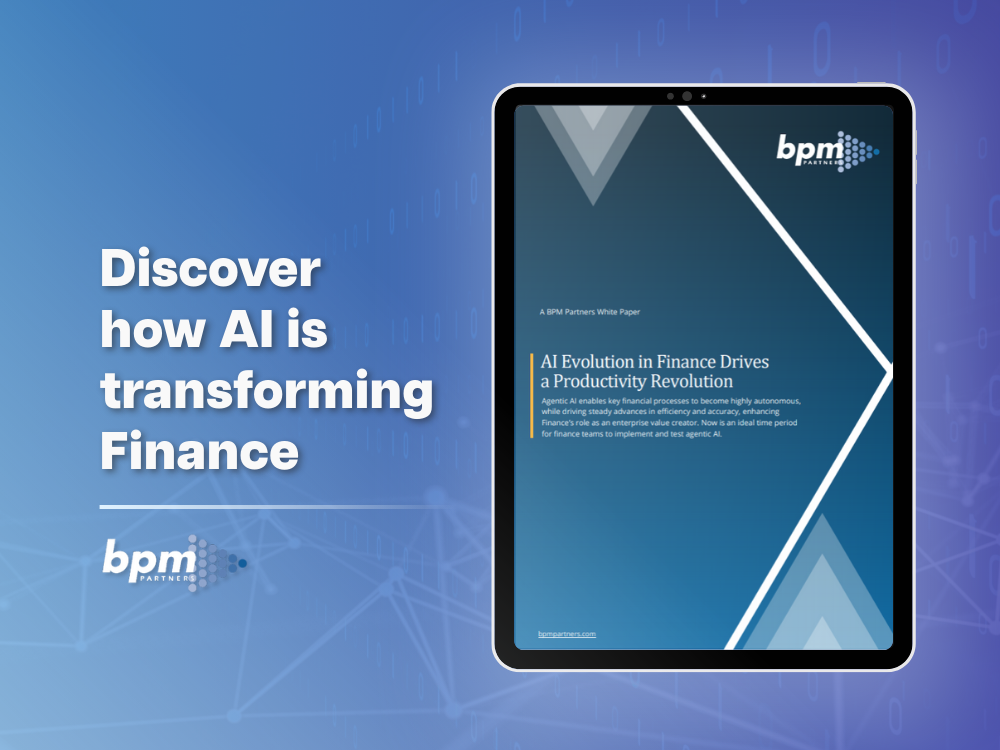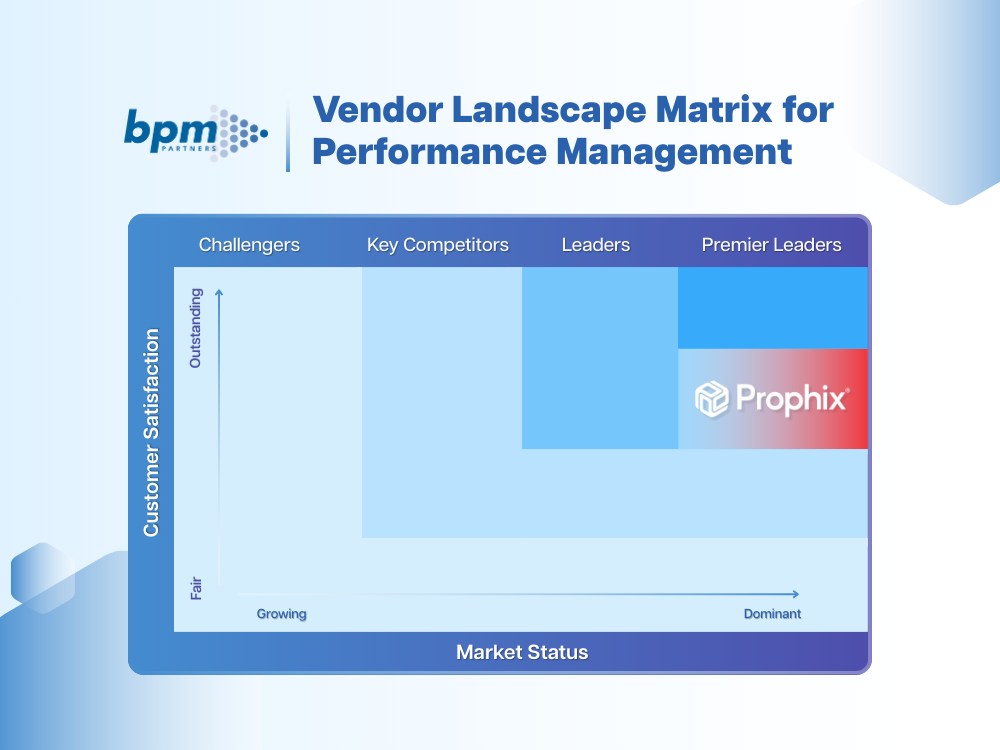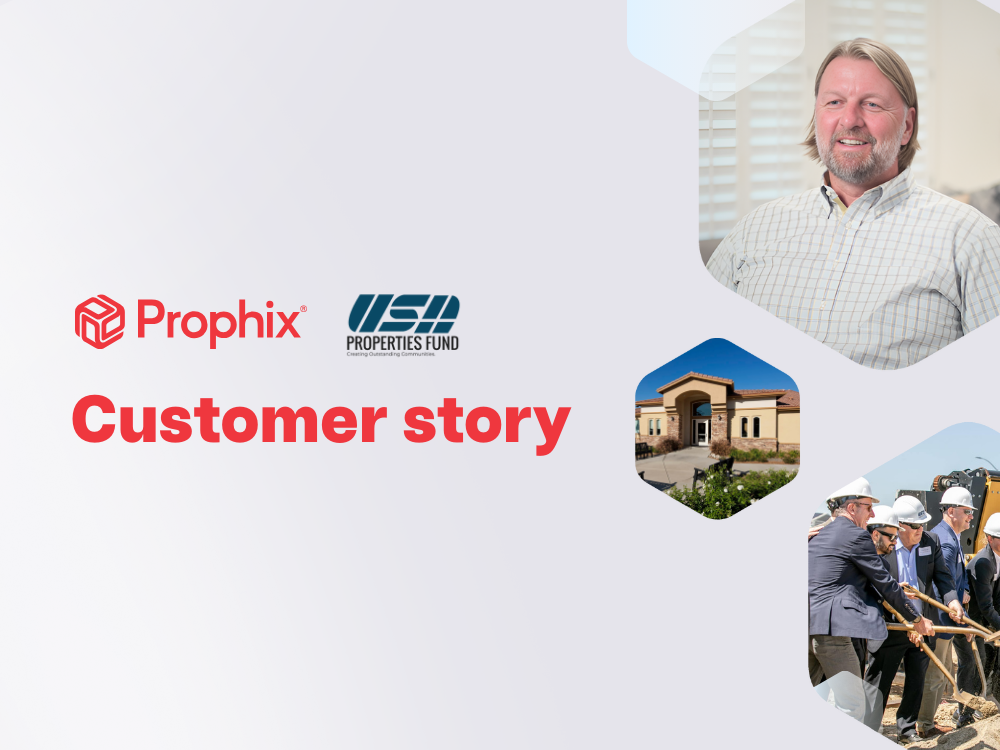Leia o estudo de caso
Financial close: A strategic imperative for modern finance teams
Financial close is more than a compliance routine—it's a strategic imperative.
julho 23, 2025Financial close is more than a compliance routine—it's a strategic imperative. About 50% of finance teams take more than six business days to complete their month-end close. And the average time spent on account reconciliation is 20-50 hours per month, often across 3-5 different systems.
For a process that happens every month, quarter, and year-end (so, 17 times per year!), these inefficiencies can drain valuable time and pull focus away from strategic work that drives the business forward.
At its core, financial close is a series of steps – account reconciliation, intercompany management, and financial consolidation – that finance teams perform at the end of each reporting period. The goal? Ensure all financial transactions are accurately recorded, accounts are reconciled, and consolidated financial statements are ready for review.
Before diving into the close process, it’s important to note the role of pre-close activities, like lease accounting and cash management, and post-close activities like disclosure management. These foundational tasks set the stage for a smooth and efficient close.
Why a strategic financial close process matters
Financial close is often a multi-step, multi-day, and manual process riddled with inefficiencies. But it doesn’t have to be this way.
Failing to prioritize a frictionless close process can lead to:
- Regulatory and compliance issues
- Poor decision-making due to inaccurate data
- An erosion of trust among stakeholders
On the flip side, an efficient close process – powered by financial performance management software – offers the benefits of automation, data integration, and AI-driven insights. Say goodbye to siloed spreadsheets, version control issues, and mismatched data. Instead, you’ll gain:
- Accurate reporting for confident decision-making
- Strategic agility to adapt quickly
- Trust in your numbers
The three pillars of financial close
The financial close process rests on three key pillars: account reconciliation, intercompany management, and financial consolidation. Each step builds on the one before, creating a seamless flow from raw data to actionable insights. Let’s explore each pillar in more detail.
Account reconciliation: The foundation of financial close
Account reconciliation is often the most time-consuming step in the close process. Shockingly, 94% of finance teams still rely on Excel for their month-end close with 50% citing it as the main reason for delays. On average, teams spend 20-50 hours per month on reconciliation alone – that's up to six full workdays.
Manual processes not only slow things down but also increase the risk of errors. By using account reconciliation software, finance teams can streamline this foundational step and set the tone for a faster, more accurate close.
Benefits of an efficient account reconciliation process
- Reduce issues and rework: Centralize your data in one platform to eliminate the chaos of mismatched spreadsheets and manual transaction hunting
- Data validation: Automated transaction matching catches errors, duplicates, and missing transactions before they have a chance to escalate. Less manual work, more accuracy.
- Compliance and audit readiness: Built-in compliance frameworks ensure you meet regulatory requirements while reducing audit findings and penalties.
Learn more about account reconciliation software and how it can simplify your close.
Intercompany management: The strategic middle step
Intercompany management isn’t just the middle step – it's a strategic control point. Weak intercompany processes can derail your reconciliation and consolidation. But when it’s optimized, it will accelerate the entire close process.
Many organizations struggle with data silos, inconsistent polices, and manual workflows, leading to inefficiencies like redundant calculation and mismatched transactions. This doesn’t include additional challenges like:
- Lack of standardization across entities
- Currency conversion issues due to fluctuating exchange rates
- Regulatory and tax compliance risks
Benefits of an efficient intercompany management process
- Speed up the close: Automate reconciliations between entities and eliminate manual fixes will save you hours – if not days.
- Improved accuracy: Standardized workflows reduce discrepancies and ensure clean data for consolidation.
- Better audit readiness: Transparent audit trails and reconciled balances make audits smoother and less time intensive.
- Ensure global compliance: Adhere to local tax laws, GAAP, and IFRS with built-in compliance reporting.
Learn more about intercompany management software and how it can streamline your close.
Financial consolidation: The final step
Financial consolidation is where everything comes together. This step transforms your data into a single, accurate view of financial performance, providing the big picture stakeholders need.
However, delays in consolidation can create bottlenecks that push back the entire close process. Challenges like multiple entities, currencies, and manual adjustments can lead to inaccuracies and higher operational costs. An automated, well-structured consolidation process can shave days off your close while also improving accuracy.
Benefits of an efficient financial consolidation and reporting process
- Eliminate intercompany transactions: Automate eliminations to avoid overstating revenue, expenses, or assets.
- Ensure compliance: Built-in standards for GAAP and IFRS reduce the risk of errors and non-compliance.
- Support better decision-making: Accurate consolidated reports give stakeholders the confidence to make informed decisions.
A smarter, faster close is within reach
The financial close process – account reconciliation, intercompany management, and financial consolidation – is a critical routine for finance teams. Each step relies on the accuracy and efficiency of the one before, making it essential to optimize the entire workflow.
With financial performance management software, you can transform your close process into a strategic advantage. Automation, AI, and data integration are just a few of the things that will empower your finance team to close smarter and faster.
Are you ready to take the first step?
The Next-Gen Finance Team’s Guide to a Faster, Smarter Close is your three-step blueprint to change how you close your books and go beyond the status quo to deliver more value.
Get your guide to a faster, smarter close
Insights para os líderes financeiros da próxima geração
Fique à frente com estratégias financeiras práticas, dicas, notícias e tendências.





